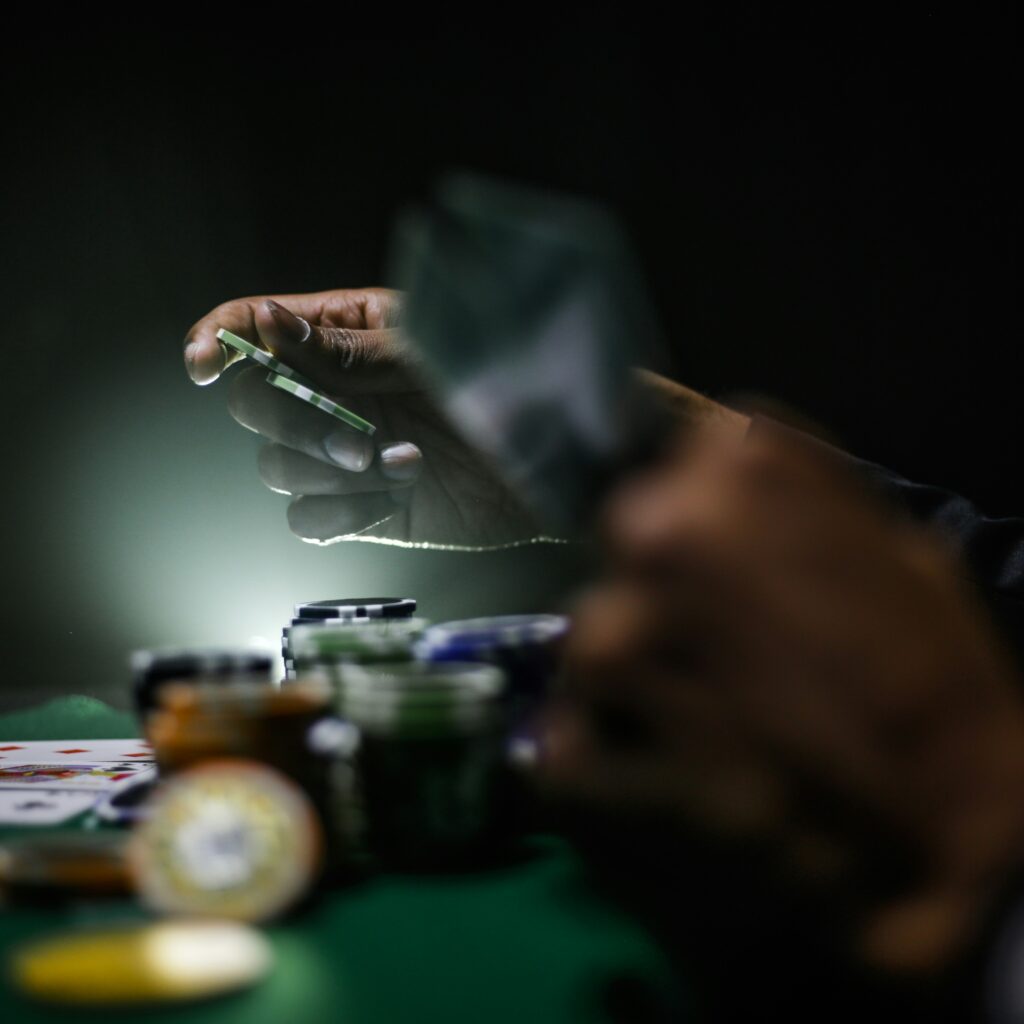Online poker isn’t just about getting lucky. Sure, good cards help, but what really separates winners from everyone else are strategy, skill, and knowing when to be patient.
I’ve been playing online tournaments for years now, and the thrill never gets old. Whether you’re just starting out or you’ve been grinding for a while, these tournaments are perfect for sharpening your game. And who knows? You might even walk away with some serious cash.
But jumping into these competitive waters without a plan is like bringing a knife to a gunfight. You’re going to get crushed. That’s why I’m sharing these five strategies that actually work. I’m not talking about theoretical nonsense here. These are battle-tested approaches that’ll make you a real threat at any table you sit down at.
Understanding the Game’s Dynamics
Here’s what most players don’t get: poker isn’t really about the cards. It’s about people.
You need to become a detective. Watch everything. How fast does that guy in seat 3 bet when he’s got the nuts? Does the woman in seat 7 always take forever when she’s bluffing? These little tells are gold mines.
Quick bets usually mean strength. When someone snaps off a call or fires instantly, they’re probably not messing around. But hesitation? That’s often weakness talking.
I remember this one tournament where I picked up on a player who always paused for exactly five seconds before bluffing. Once I spotted the pattern, I exploited it mercilessly and made it to the final table because of that read.
After each session, spend some time reviewing your big hands. You’ll start seeing patterns you missed in the heat of battle.
Emotional Control and Discipline
Poker tournaments will test your mental game like nothing else. Bad beats happen. Coolers happen. Sometimes you’ll run kings into aces three times in one session. It sucks, but that’s poker. The moment you start playing angry or frustrated, you’re dead money.
I’ve seen players blow entire bankrolls because they couldn’t handle a few unlucky hands. Don’t be that person. When I feel tilt creeping in, I take a break. Get up, walk around, grab some water. Sometimes I’ll do some deep breathing—sounds cheesy, but it works. Some players swear by meditation.
Find what works for you. The players who last in this game aren’t necessarily the most talented. They’re the ones who stay level-headed when everything’s going wrong.
Mastering the Art of Bluffing
Bluffing is an art form, but it’s not about being fancy. It’s about timing and knowing your opponents.
You can’t just randomly fire chips into pots and hope people fold. That’s not bluffing—that’s donating. Good bluffs tell a story that makes sense.
Here’s a key insight: tight players fold more than loose players. Seems obvious, but you’d be amazed at how many people try to bluff calling stations. Save your ammunition for spots where it’ll actually work.
When I was learning, I practiced bluffs at micro stakes tables—low-pressure, cheap lessons. You’ll make mistakes—everyone does. It’s better to make them when it doesn’t cost much.
Start small, build confidence, then gradually work your way up. Before you know it, you’ll be using well-timed bluffs to steal pots and keep opponents guessing.
Strategic Betting
Your betting strategy can make or break your tournament. It’s not just about how much you bet—it’s about what that bet says to your opponents.
Mix up your bet sizes. If you always bet the same amount with strong hands, observant players will catch on fast. Vary your approach to keep them off balance.
Understanding pot odds changed my game completely. When you know the math, you stop making costly mistakes. You’ll know when that river call is profitable and when it’s just throwing money away.
This is where platforms like Americas Cardroom really shine. They offer tons of different tournament formats where you can test these concepts. The player pool is solid, so you’ll get quality practice against real competition.
Continuous Learning and Adaptation
The game evolves constantly. Strategies that worked five years ago might be outdated now. You can’t just learn one approach and stick with it forever.
I’m always reading poker books, watching training videos, and discussing hands with other players. The learning never stops. Forums are great for this—you’ll find players sharing insights you’d never think of on your own.
But here’s the most important part: review your own play. Record your sessions if possible. Look for spots where you could’ve played better. We all make mistakes, but smart players learn from them.
The players who embrace continuous improvement don’t just survive—they thrive. The ones who think they know everything? They get left behind.
Wrapping It Up
Excelling at online poker tournaments isn’t rocket science, but it’s not easy either. You need sharp observation skills, emotional control, solid strategy, and the hunger to keep improving.
These strategies work, but only if you actually implement them. Reading about poker and playing poker are two different things.
Remember—you don’t need to win every hand. You just need to make better decisions than your opponents over time. Do that consistently, and the results will follow.



